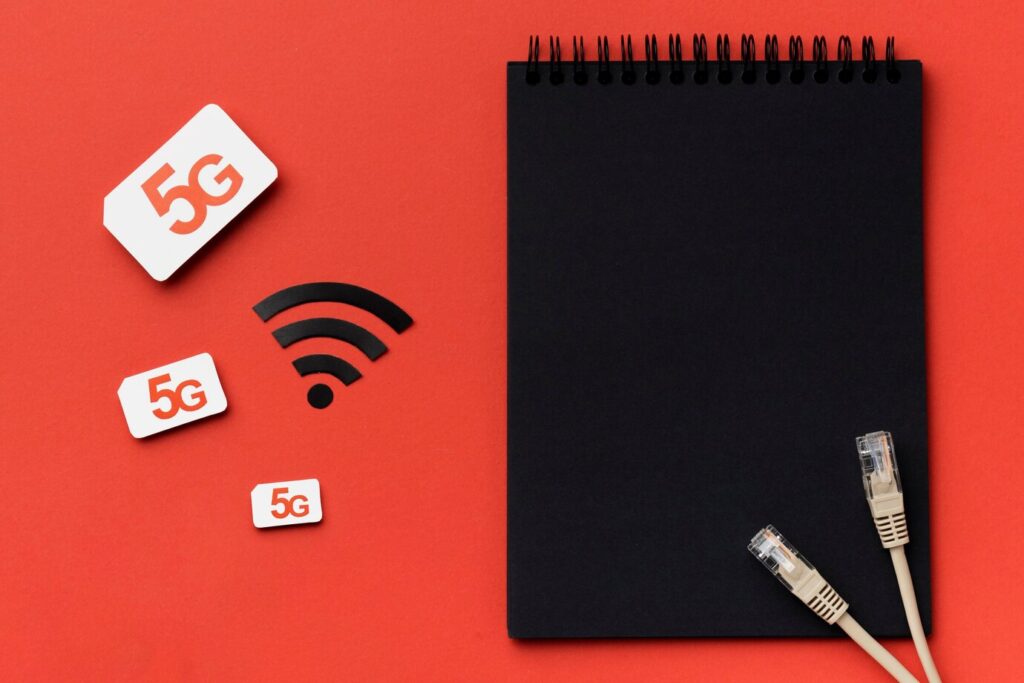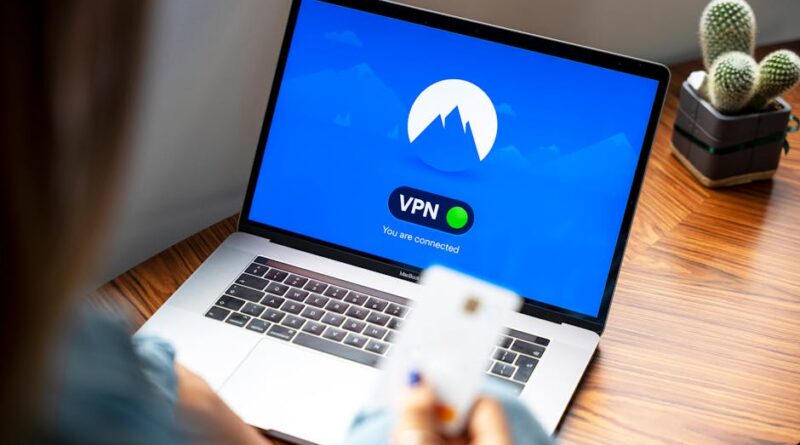Optimizing Your Internet Connection
From checking emails to streaming movies, a reliable internet connection has become an essential part of our daily lives. However, slow speeds, laggy connections, and dropped signals can be frustrating obstacles that hinder our online activities. In this guide, we will delve into the world of optimizing your internet connection, exploring various strategies and techniques to enhance your browsing experience. Whether you’re a casual user or a tech enthusiast, understanding how to maximize your internet connection can make a significant difference in your online productivity and enjoyment.
The Importance of Internet Optimization
Have you ever experienced the frustration of a webpage taking ages to load or a video buffering endlessly? These common issues are often attributed to a poor internet connection. Optimizing your internet speed and stability can lead to faster loading times, smoother streaming, and overall improved online performance. By fine-tuning your connection settings and addressing potential bottlenecks, you can unlock the full potential of your internet service.
Factors Affecting Internet Speed

Before diving into optimization techniques, it’s crucial to understand the factors that influence your internet speed. Several variables can impact the performance of your connection, including:
1. Connection Type: Whether you’re using a wired or wireless connection can significantly affect your internet speed. Wired connections tend to be more stable and faster than wireless ones.
2. Internet Plan: The speed and bandwidth provided by your internet service provider (ISP) play a vital role in determining how quickly you can access online content.
3. Hardware: The quality of your modem, router, and network cables can impact your internet speed. Outdated or faulty hardware may bottleneck your connection.
4. Network Congestion: The number of devices connected to your network and the overall traffic on your ISP’s network can affect your internet speed during peak hours.
5. Location: Your proximity to your ISP’s server, as well as physical obstacles like walls and interference from other electronic devices, can influence your internet connection quality.
Optimizing Your Internet Connection
Now that we’ve identified the key factors affecting your internet speed, let’s explore some strategies to optimize your connection:
1. Upgrade Your Internet Plan
If you’re experiencing consistently slow speeds, it may be time to upgrade your internet plan. Contact your ISP to inquire about higher-speed options that better suit your browsing habits and household’s needs. Keep in mind that upgrading your plan may come with additional costs, so weigh the benefits against the price.
2. Use a Wired Connection
While Wi-Fi offers convenience and mobility, a wired connection often delivers faster and more stable speeds. Connect your device directly to your modem or router using an Ethernet cable to minimize interference and maximize your internet performance.
3. Optimize Your Router Settings
Your router plays a crucial role in distributing internet access to your devices. To optimize your router settings:
– Update your router’s firmware to ensure it’s running the latest version with security patches and performance improvements.
– Change the channel on your router to avoid interference from neighboring networks. Use a Wi-Fi analyzer tool to identify the least congested channel in your area.
– Enable Quality of Service (QoS) settings on your router to prioritize certain types of internet traffic, such as video streaming or online gaming, for a smoother experience.
4. Position Your Router Strategically
The placement of your router can significantly impact your Wi-Fi signal strength and coverage. Position your router in a central location within your home, away from obstructions like walls, metal objects, and electronic devices that can interfere with the signal. Consider elevating your router to improve coverage and reduce signal obstruction.
5. Limit Bandwidth-Hungry Applications
Streaming services, online gaming, and file downloads can consume large amounts of bandwidth, slowing down your internet connection for other tasks. To optimize your internet speed:
– Schedule downloads and updates during off-peak hours to minimize network congestion.
– Use bandwidth monitoring tools to identify and limit applications that are hogging your internet resources.
– Close unnecessary background applications and browser tabs to free up bandwidth for essential tasks.
6. Secure Your Network
A secure network not only protects your data from unauthorized access but also improves your internet performance. To enhance network security:
– Enable WPA2 encryption on your Wi-Fi network to prevent unauthorized users from accessing your connection.
– Change your default network name (SSID) and password to prevent easy access by outsiders.
– Regularly update your router’s administrative password to protect against potential security breaches.
7. Consider a Mesh Wi-Fi System
If you’re struggling with Wi-Fi dead zones or poor coverage in certain areas of your home, consider investing in a mesh Wi-Fi system. These systems use multiple access points to create a seamless network throughout your home, delivering strong and reliable Wi-Fi signals in every room.
Expert Opinions
We reached out to internet optimization experts for their insights on maximizing internet performance. According to tech guru John Smith, “Optimizing your internet connection involves a combination of technical know-how and practical solutions. By taking simple steps like updating your router firmware and positioning your device strategically, you can achieve noticeable improvements in speed and stability.”
Common Misconceptions
One common misconception about internet optimization is that faster internet speeds always translate to better performance. While speed is essential, factors like latency, jitter, and network congestion can also impact your browsing experience. By focusing on overall connection quality and stability, you can create a more enjoyable online environment.
Conclusion
To wrap things up, optimizing your internet connection is a multifaceted process that requires attention to detail and proactive efforts. By understanding the factors influencing your internet speed, implementing optimization strategies, and staying informed about industry developments, you can enjoy a faster, more reliable online experience. Whether you’re a casual user or a power user, taking the time to optimize your internet connection can make a significant difference in your digital life. Remember, a well-optimized internet connection is the key to unlocking the full potential of your online activities.




